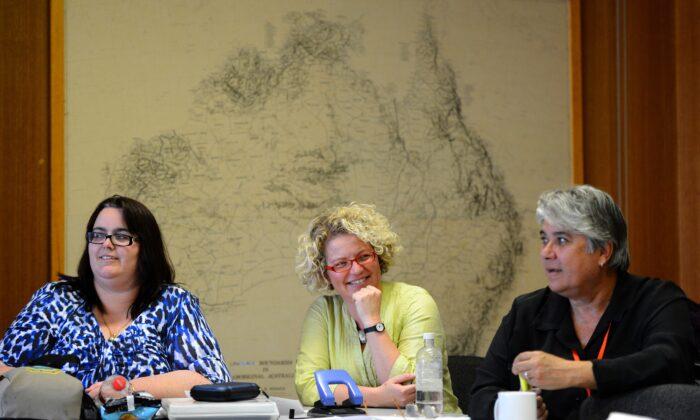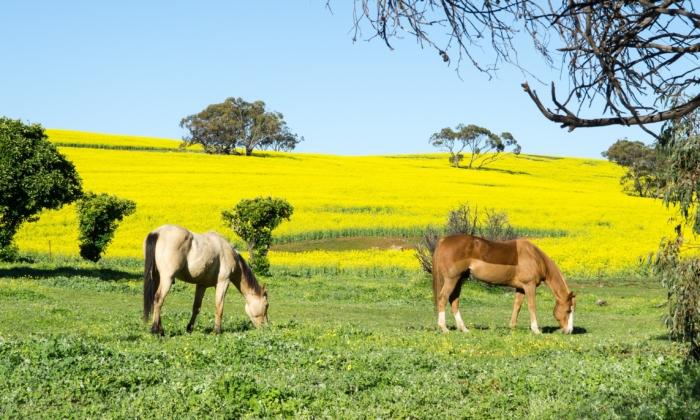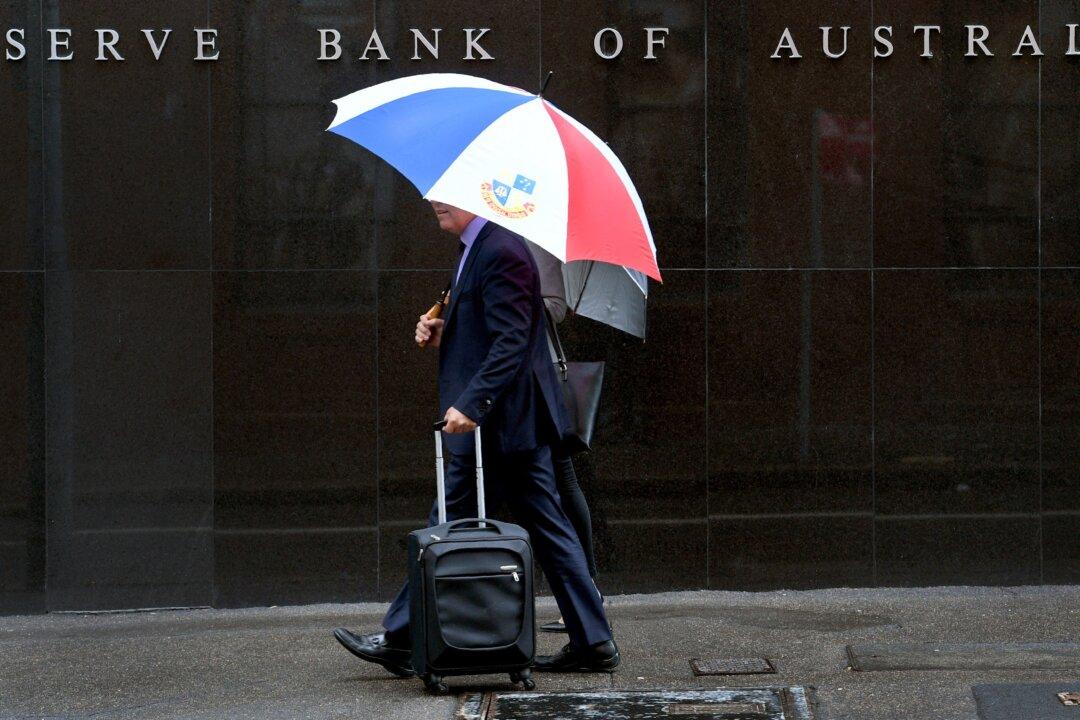But the sector estimates it will still shed between $3 billion and $4.6 billion in 2020.
The Morrison government will keep its funding to universities at the promised $18 billion for the year even if domestic student numbers drop.
It is also creating a new online short-course qualification with funding for an extra 20,000 places, and is delaying administrative fee increases.
Education Minister Dan Tehan says this will help universities while also helping Australians who have lost their jobs or want to retrain.
But Universities Australia estimates there will still be 21,000 jobs lost across the country’s 39 institutions over the next six months - although it says the number would have been even higher without the funding guarantee.
“Individual universities are already cutting costs across the board through very substantial reductions in operational spending, deferral of vital capital works, and reductions in senior staff salaries,” chair Deborah Terry said.
“However, this will be nowhere near enough to cover what we conservatively estimate as a revenue decline of between $3 billion and $4.6 billion.”
The full-fee paying international student market has taken a big hit amid the pandemic and restrictions on travel in place to stop the spread of the virus.
And despite being registered not-for-profits, universities won’t be able to access the JobKeeper allowance under the same rules as other charities, instead needing to take a much bigger hit to their turnover before becoming eligible.
Professor Terry said universities were seeking low-interest loans from banks to help them through the difficult time.
The National Tertiary Education Union said the help on offer so far amounted to hardly anything because it was money the government and universities had already budgeted for.
“This will not plug the gaping hole in university finances left by the drop in international student income,” the union’s national president Alison Barnes said.
Barnes was equally sceptical of the extra short course places, saying they were unlikely to come with any extra funding other than what it cost to run them.
“We dispute the minister’s claim that this funding will offset universities’ losses from international students,” she said.





